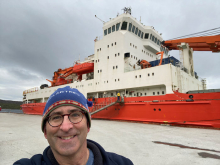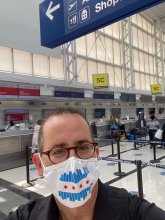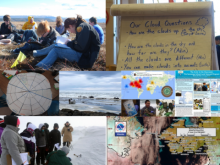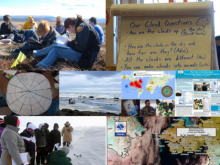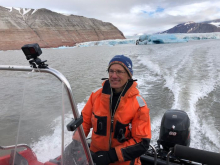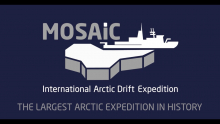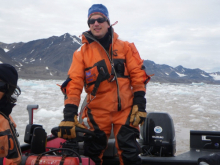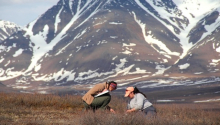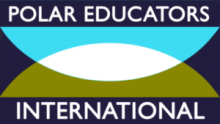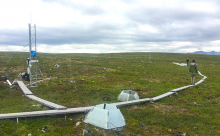Do You Want to Make an Impact in Polar Science Education and Communication?
Get active in Polar Educators International (PEI) and the PEI leadership!
Now accepting applications for the 2021-2022 PEI Council
Polar Educators International is an essential network of educators and researchers aiming to provide a deeper understanding of current polar sciences to a global audience. The one-year Council term begins 1 June 2021. Interested individuals are encouraged to apply. Help shape PEI and the future of polar science education!
PEI Council members benefit from monthly interaction with polar educators and researchers from around the world.
- Help organize engagement activities
- Develop your understanding of the Polar Regions
- Play a key role at the biennial conference in Iceland 2022
- Assist in the development of the new Polar Resource Book
Read more about PEI on their website. To find out more about what the PEI Council does, see the FAQ here.
Applications are due 10 May 2021
